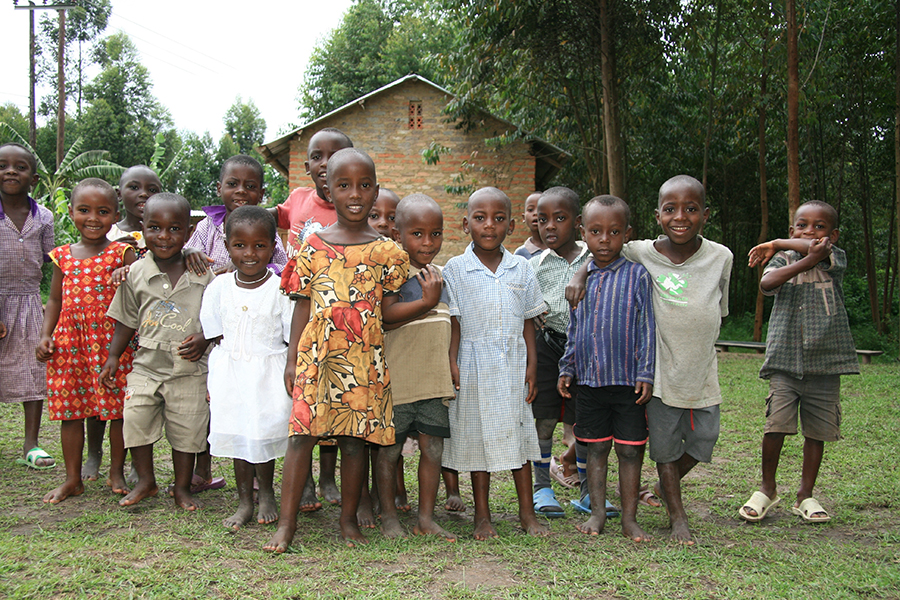The Guiding Principles of Families for Orphans
In all cases, the “best interest of the child” standard should be the guiding principle in decisions regarding orphan interventions. And since children fare best in a family in an atmosphere of love and understanding, orphan policies and programs should seek wherever possible to place children into stable families.
Adoption is not about the rights and needs of adults but is about restoring to a child what he or she has lost–a mother and a father. Wherever possible, children should be placed in a family with both a mother and a father. When considering child welfare policies, and particularly when making orphan placement decisions, the best interest of the child should be the governing principle, not the needs, desires or perceived rights of adults.
Specifically, we believe that:
- The orphaned child who has lost the love and protection of both a mother and a father is one of the most vulnerable members of our society.
- Those who have been given much in this life have a moral obligation to help and protect the most vulnerable members of our society.
- Every child should receive adequate food, shelter, clothing, medical treatment and an education.
- Institutionalization of orphans and vulnerable children has proven to produce negative outcomes and should only be employed as a temporary measure.
- Children fare best when raised in a stable family with a married mother and father, and wherever possible with their biological parents.
- The second best option for an orphaned or vulnerable child is to be assimilated into a stable family to which he or she is related.
- The third best option is to be adopted into a stable family in the child’s own country and culture.
- When none of these options are viable, inter-country adoption may be the best remaining option and should be explored.
